The Public Health Agency of Canada (PHAC) said it has tightened security after two scientists lost their jobs over their links with China. Earlier this month, Canada’s health minister released government documents detailing how two scientists at the National Microbiology Laboratory (NML) – which is the only biosafety level 4 infectious disease lab in the country and can handle the most dangerous pathogens – were fired in 2021 for secretly providing confidential information to China.
The documents from PHAC and the Canadian Security Intelligence Service (CSIS) are part of an investigation in 2019 after a married couple who were scientists at MLA’s infectious disease laboratory – Xiangguo Qiu and her husband, Keding Cheng – were escorted out of the NLM in 2019 before being fired. Details about their case were previously kept secret, until Canada’s health minister Mark Holland released them on 28 February.
‘PHAC has established clear and regular training and communication on security and employee accountabilities,’ the agency stated. Further, international collaborations will now require review from a security perspective and governance is in place to vet and approve new collaborations.
‘The NML has a renewed, proactive security posture that has reinforced the physical security of the building,’ PHAC added. ‘Screening measures are strictly enforced for all staff and external visitors, including the requirement for visitors to be accompanied at all times and without exception.’
‘While there were the proper protocols in place, there was a lax adherence to the securities and protocols that were in place that … were unacceptable,’ Holland stated at a press conference. Qiu and Cheng haven’t worked at the lab since early 2021, but it is unclear whether they remain in Canada.
‘Two people who were eminent scientists, people with very respected backgrounds and very respected scientific work, were undertaking work that they were not disclosing,’ Holland explained. ‘The concern is the relationship that they had with Chinese science, Chinese businesses, that they didn’t disclose and was not known to the Public Health Agency at that time.’
Nevertheless, he said there is no evidence that Qiu and Cheng were trying to sell Canadian secrets to China, or that they transferred information to China that threatened Canada’s security.
Although she was a PHAC employee, Qiu’s name appeared as an inventor on a Chinese patent that may contain scientific information produced at an NML lab, according to the documents. Qui told officials that was unaware of the patent and hadn’t given permission for her name to be included on it, but she also admitted that some of the work was done at NML and there should have been a collaborative agreement in place. Further, Qiu acknowledged that a student she supervised performed some of the work included in the patent document.
‘I am absolutely certain that no sensitive information left the lab, and I also am certain … that the lengths to which China was willing to go, and is willing to go, to influence the science and obtain information is deeply disturbing,’ Holland stated. He said the reason it took so long for this information to be made public is because they involve Canadian national security and the identity of employees who were terminated, which is sensitive information.
Meanwhile, Canada’s Conservative leader Pierre Poilievre said during a 29 February press conference that NLM infectious disease researchers should not be allowed to collaborate with researchers in China at this time.
‘We know in this instance that our highest placed, most sensitive lab was infiltrated by people who collaborated with the People’s Liberation Army, who did not reveal any of their ongoing partnerships with the regime in Beijing, and who transferred materials from our most critical lab containing our most dangerous viruses over to Beijing, and worked in collaboration with the Wuhan [Institute of Virology],’ he asserted. ‘I don’t think this is the kind of collaboration we want – we should be collaborating with like-minded democracies that we can trust, not those that want to attack our interests.’





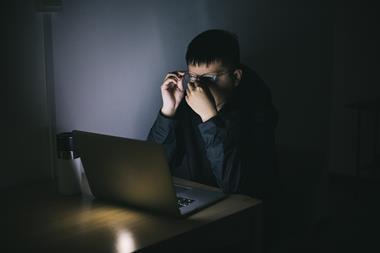
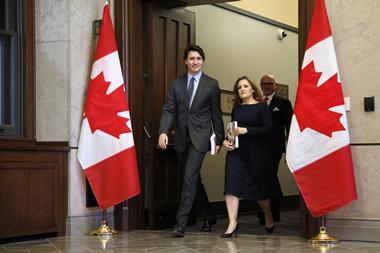
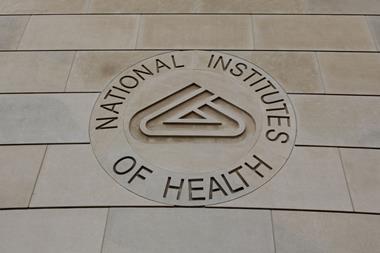

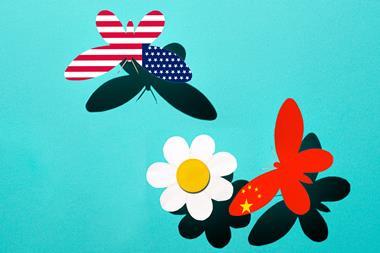
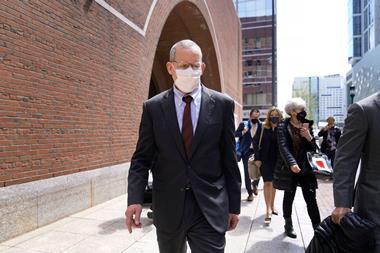

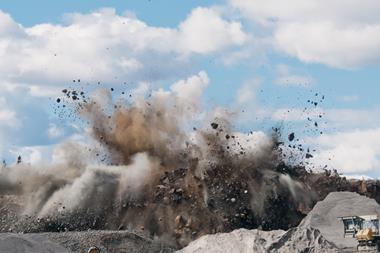

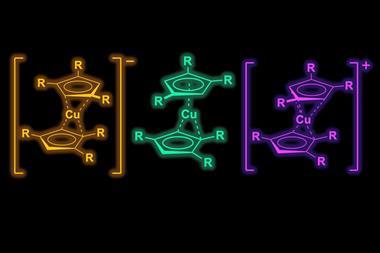
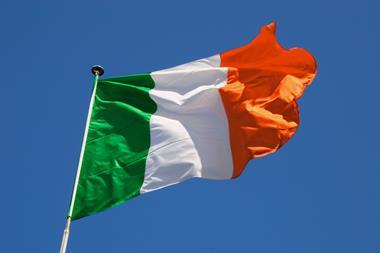

No comments yet